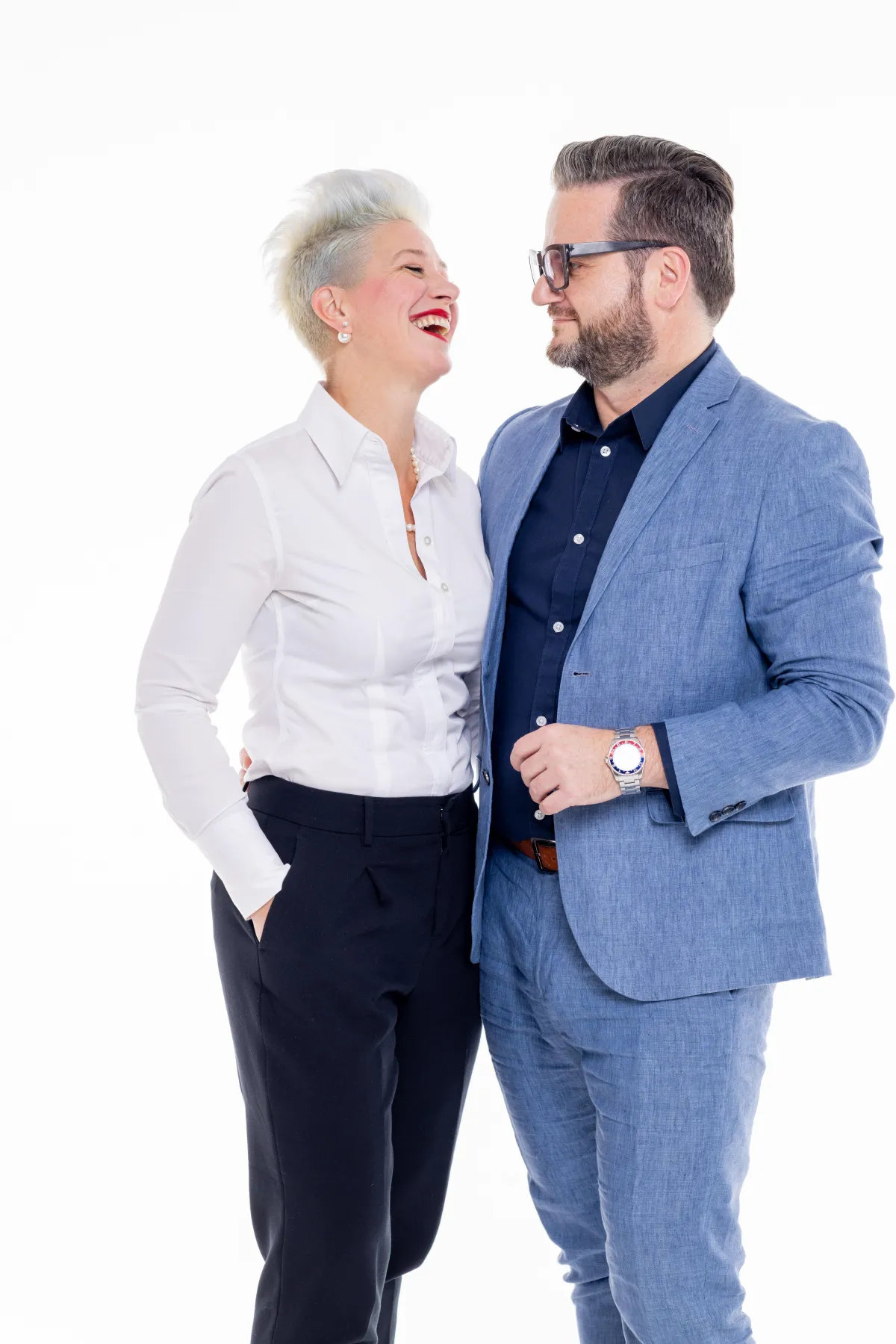
Brigitta & Christian Hoeferle - Dynamic Duo

Brigitta & Christian Hoeferle
Welcome to the Power Couple Podcast, where we talk about all things relationships and share how we model a healthy partnership.
The Success Patterns Show Couples Edition is a show that models how healthy relationship is built on mutual respect, communication, and understanding - but also on so many more elements!
One of the myths we want to bust is the idea that a happy wife equals a happy life. We believe that a happy partnership requires both partners to be fulfilled and satisfied, and we reject the idea that one person's happiness should come at the expense of the other's.
Through this special edition, we share our experiences and insights into what makes a successful partnership, and we offer practical advice for couples who want to strengthen their own relationships. We'll cover topics like effective communication, managing conflict, balancing work and personal life, and much more.
So, if you're looking for a proven model that will help you build a healthy and fulfilling relationship, then tune in to The Success Patterns Show Couples Edition. We're excited to share our journey with you and help you create your own powerful partnership for win/win/win outcomes.
Connect with Brigitta & Christian:
Please Share This With Your Followers
